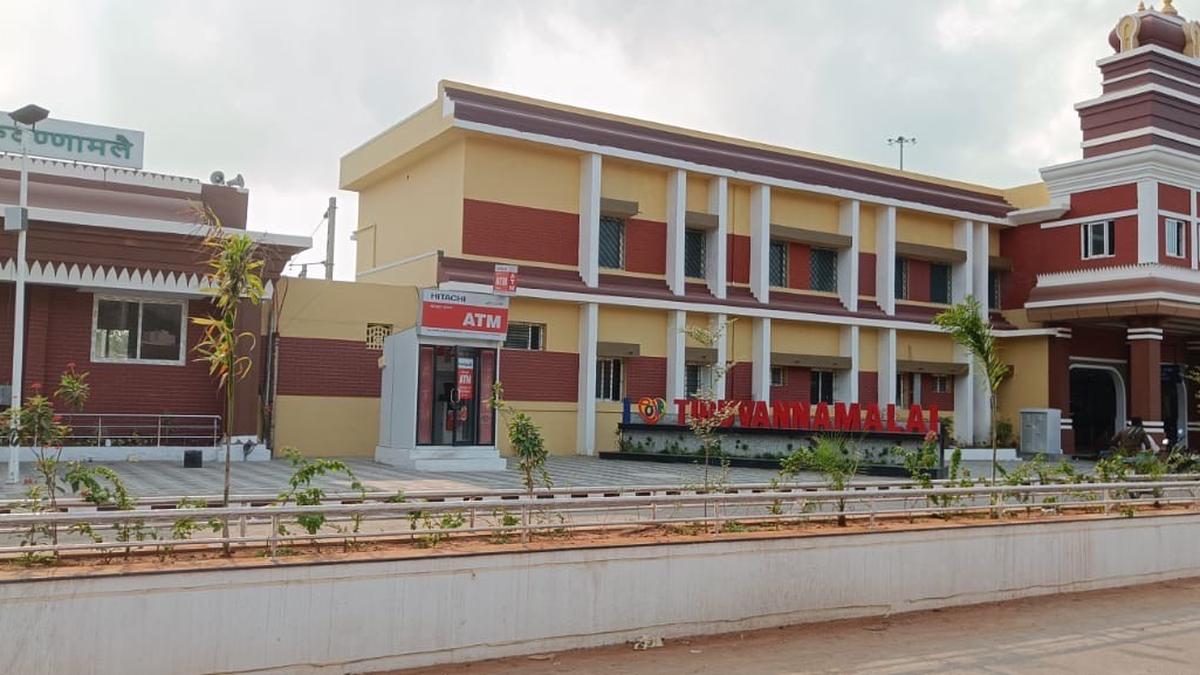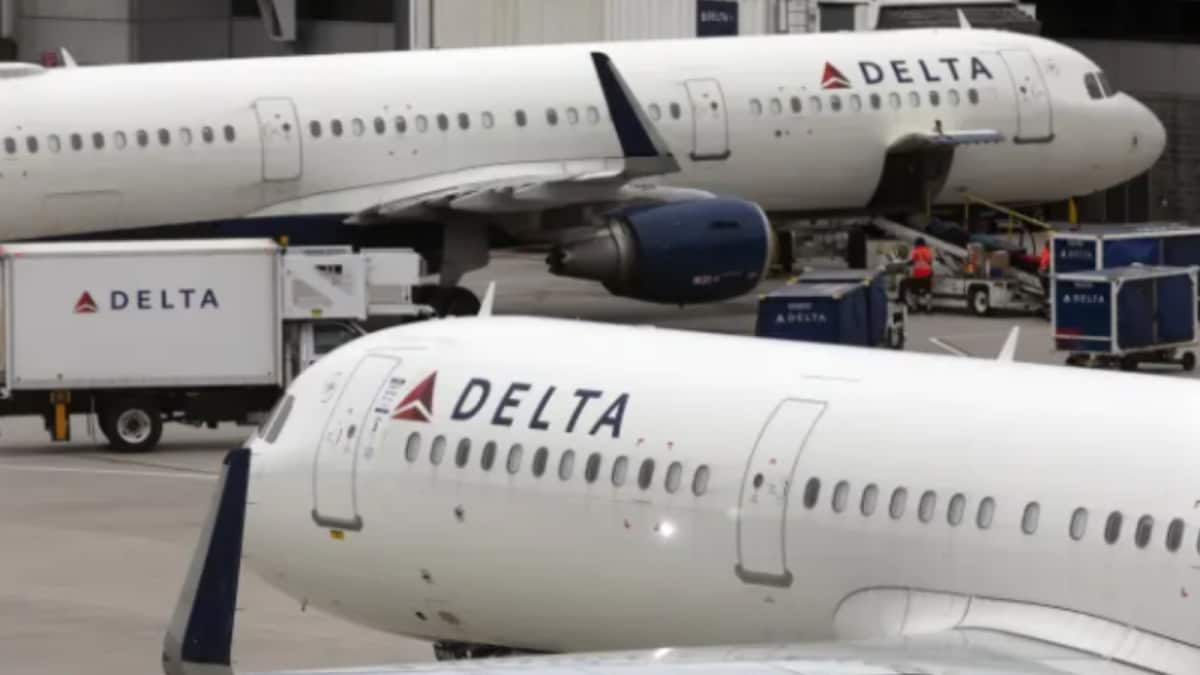BRS working president K.T. Rama Rao has stressed the need for protecting the federal structure of the country and has cautioned against the growing centralisation of power and resources in the Hindi heartland at the expense of Southern States, which contribute most to the country’s economy.
Participating in a discussion on “The North-South Divide in Indian Politics”, organised by a TV network in Jaipur on Sunday, he stated that representation in Parliament must not be dictated purely by population, as the Southern States had proactively implemented population control.
Citing data, he noted that while Southern States like Kerala limited its population growth to just 69% since 1950, Uttar Pradesh witnessed a staggering 239% rise. This demographic imbalance, he warned, was now set to translate into a political imbalance through the proposed delimitation exercise, which could see South India lose parliamentary seats as North India stands to gain.
“The more political parties start feeling that the Hindi belt will decide who becomes the Prime Minister, the entire focus will be on making policies that suit the Hindi belt only,” he cautioned.
Language imposition
On the issue of language imposition, Mr. Rama Rao said that the country has no national language and it does not need one. “With 22 official languages and over 300 unofficial ones, our diversity is our strength. Language is not just a tool of communication, it’s our cultural identity. I am not enforcing Telugu on you, so why enforce Hindi on me,” he asked.
Raising concerns over controversies around electoral roll revisions in Bihar, the BRS leader noted that allegations of nearly five lakh voters being struck off the rolls would undermine India’s democratic foundations. “This is deeply worrying. In the last Bihar elections, the losing margin was just 12,500 votes,” he mentioned and asked the Election Commission to act fairly.
He questioned the Centre’s credibility on the promises made under AP Reorganisation Act such as increase in the Assembly seats in Telangana and Andhra Pradesh. “They hurriedly increased seats in Jammu & Kashmir and Assam for political gains, but ignored South India,” he said.



.png)
.png)
.png)
















 5 hours ago
5
5 hours ago
5







 English (US) ·
English (US) ·